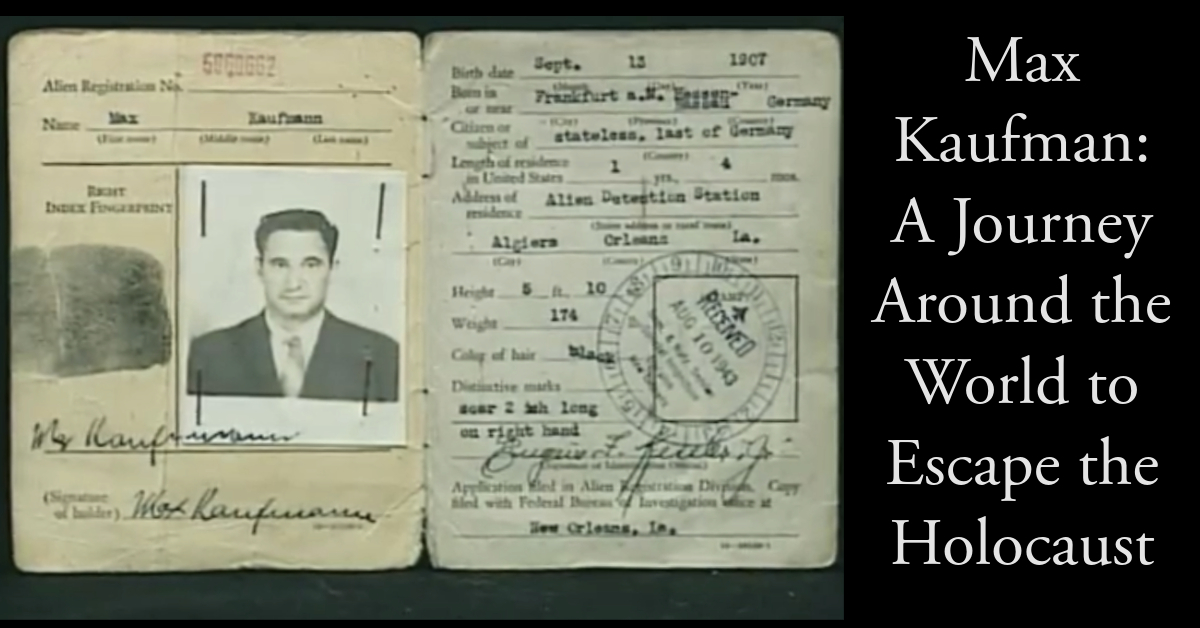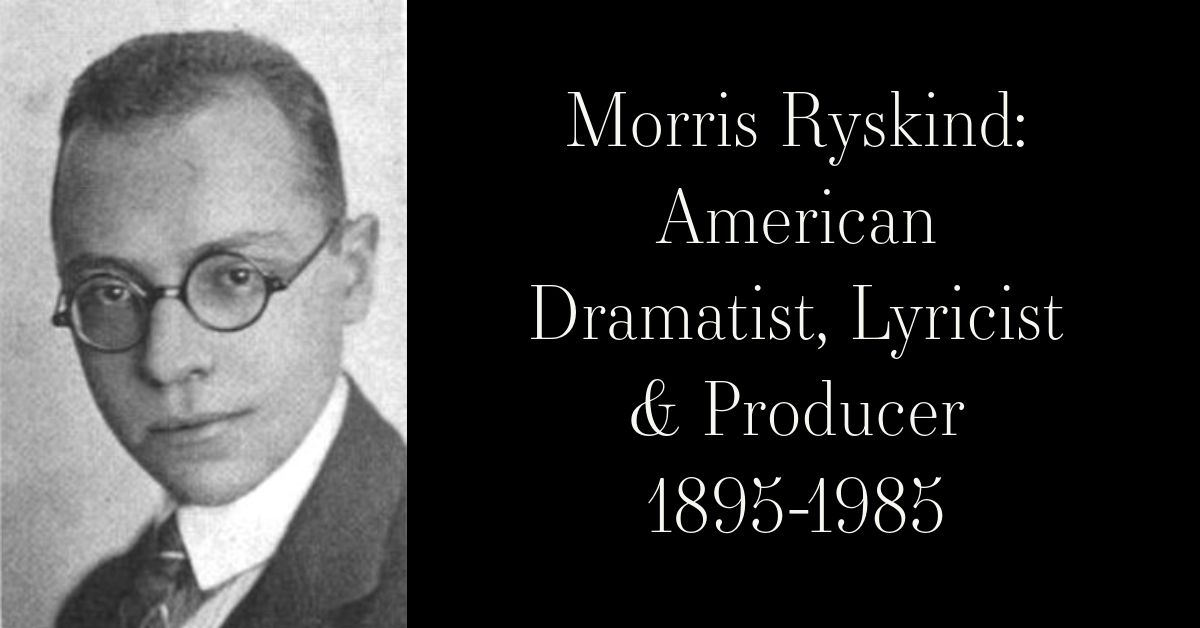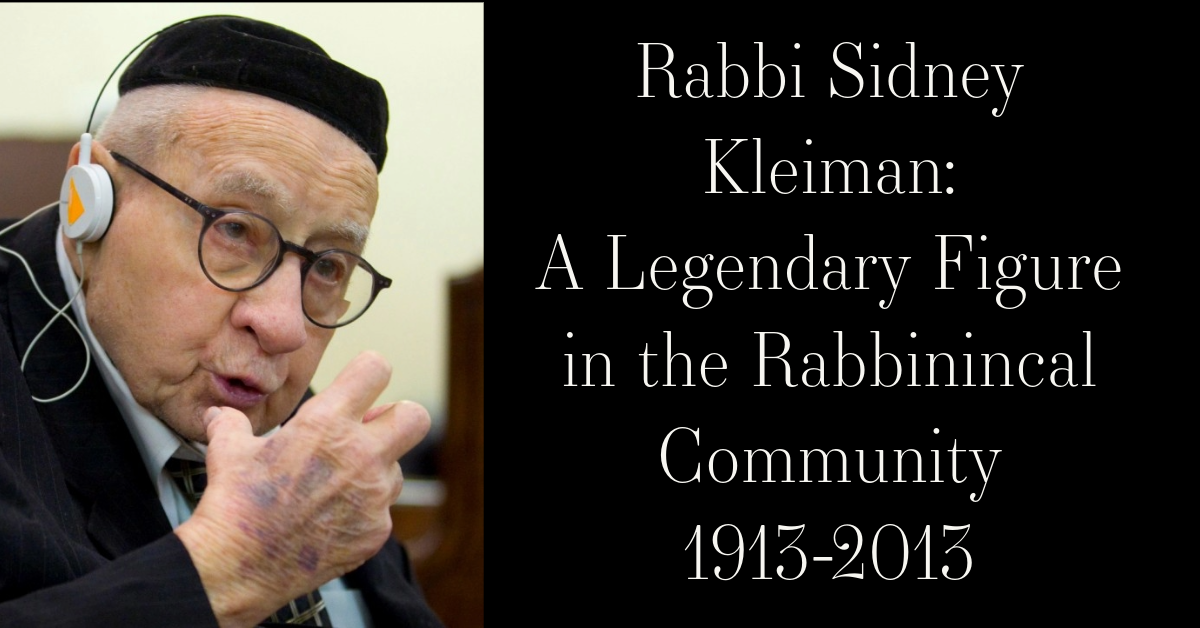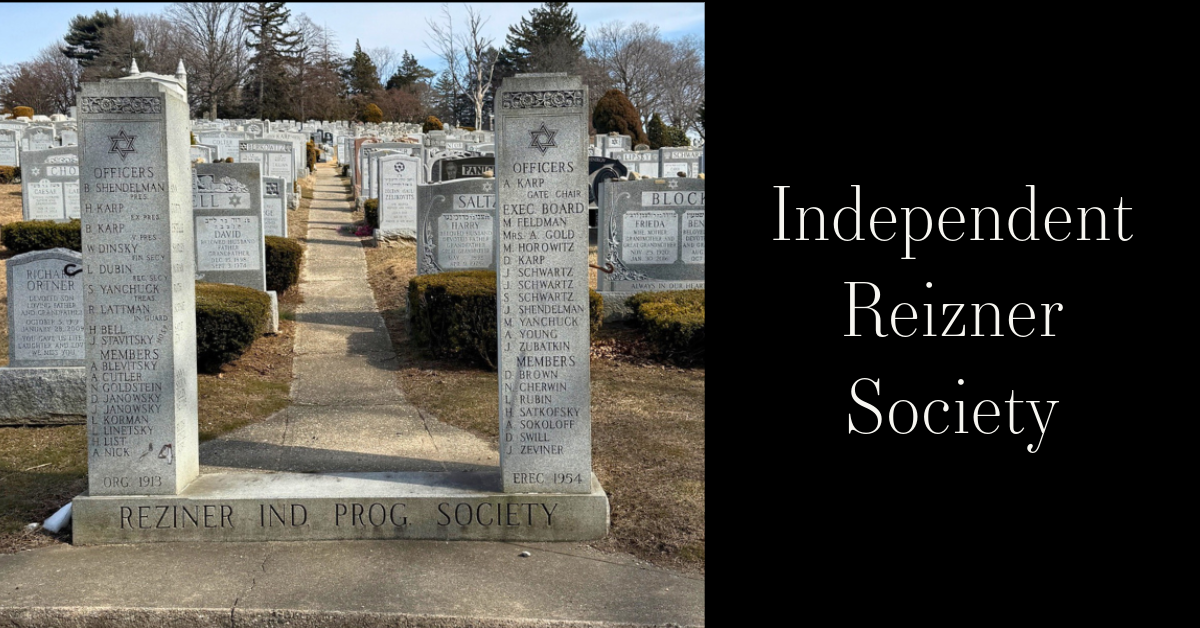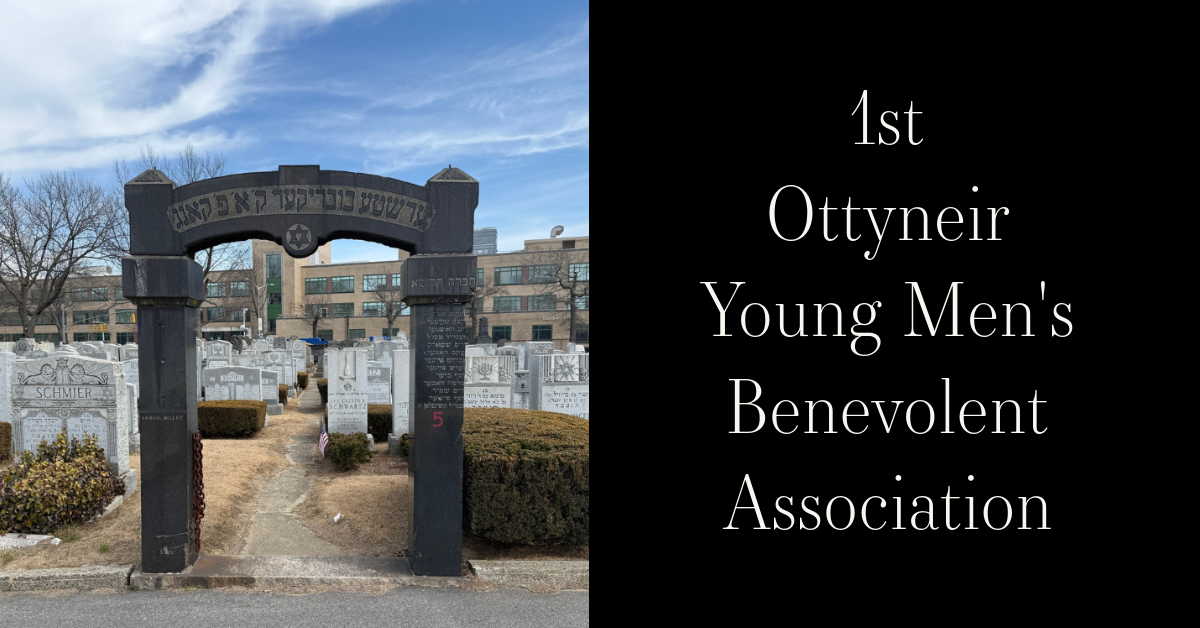Max Kaufman:
A Journey Around the World to Escape the Holocaust
In Germany in Frankfurt on September 13, 1907, Max Kaufmann was born to Sophie Kaufmann. Although born in Frankfurt, Max grew up in another town in Germany called Kippenheim. Born to a single mother, Max was made to live with a different family named Auerbacher, who treated him like he was their own. He had a relationship with his mother, for she lived a couple of streets away in a house where she worked in taking care of the house. Life in Kippenheim was good for Max; he recalls how he would play with the other boys in the town, he would help people with their farming, and, on occasion, go to the synagogue. He remembers how he used to play soccer and went out with girls sometimes. The community in Kippenheim was around 25-30 Jewish families, some whose families had been there for 200-300 years. Max was accustomed to being friendly with not only the Jews but non-Jews as well. Life seemed pretty good aside from the antisemitism that began creeping up on him.

Max was accustomed to hearing the words “dirty Jew” from the other boys, which was confusing to him as a kid because, as he says, “I wasn’t a dirty person.” As a child who does not understand where such hate comes from, Max does not understand why the other children were being so mean to him. Max recalls that this was one of the first instances where he was faced with antisemitism. Although he was around people who made him very aware of his Jewish identity and how negatively they viewed it, life was still livable in Kippenheim.
Until it wasn’t.
As a pastime for many in Kippenheim, going to the movies was at the top of that list. Max, like many other boys, enjoyed going to the movies with girls. One day, on his walk to the movie theater, Max got beat up, and he realized it was a dangerous time to be friendly with non-Jewish girls and that it was time to leave this town.
Max left his hometown and continued to Frankenthal, where he got a job at a furniture store. Unfortunately, the situation wasn’t much better in the store he worked in. Max recalls how he was abused at this job, “They spat in my face and called me stupid.” Somehow, he managed to stay there until he was given his father’s information from his mother, and he reached out to him. His father offered him a job at his business, selling flowers. He stayed working for his father until 1933, when Hitler came to power. Max knew it was time to leave again when his non-Jewish customers began to not do business with him because he was a Jew. It was this that started his long journey.

The first place Max journeyed to was France to Schwarzenberg, where he worked with ships. He didn’t stay too long in Schwarzenberg before hitchhiking to another area of France, where he worked on a farm. Little did he know working on a farm was illegal, and after a few months, the police caught him and put him in the guard house for two weeks. After his time in the guard house, he continued his journey to another place in France: Bordeaux. In Bordeaux, Max started as an Oyster fisher, and then he helped the farmers make wine. He continued to do this for a few months and then moved to Paris and worked in a leather factory. While to many nowadays Paris is seen as the city of Romance and love, in the time when Hitler ruled France, it was anything but. France was not good for the Jews either, and that was enough of a reason for Max to want to continue his way.
From France, Max took a boat to Paraguay; however, when he got there, he found out it was an impoverished country, and he did not want to stay, so he moved right along. Max had made a friend while on the boat to Paraguay, and they both continued to their next destination: Argentina. Upon their arrival, they were met with individuals who did not speak English, so they had to make hand motions for them to understand that they needed food and drink. To their fortune, the man who helped them, using the word “Yid” asked if they were Jewish. When he replied yes, the man pointed them toward the nearest town, where they went and got food and drink and a place to stay for a couple of nights. Max got a job at a construction company, and he worked there for a couple of months. Max remembers how he used to sleep on the beach because the sand was soft. The next town he ended up in was Resistencia, Chaco, where he got a job at a cotton factory. He also helped his friend, who was a butcher, sell meat to the stores.

While to some, this may sound like a good setup as the people were nice and he was away from Germany, he was unhappy about the lifestyle there. One thing he remembers specifically about his time in Argentina is when a girl he was dating brought five other people with them to the movies. He knew he did not want to live the life that Argentina had to offer; he wanted to go to the United States.
He wanted to get a visa to get to the United States, but the police would not believe him and his friend, and they put them in jail and told them they needed to get out of the country, so they went to Peru instead. They went to the Peruvian Coast, and from there, they got a boat to Ecuador. Their goal was to get to Columbia. Max smiles as he retells how they ran into Gypsies along their way to Columbia. “The main Gypsy asked if I was Jewish, and then he told me I should come with them. They had been there for many years already.” However, they already had a goal in mind.

They needed to return to Ecuador to get papers to get into Columbia. They were told they needed to get into Ecuador legally, which was a challenge for them then, so they found smugglers and asked them to help them get in. What stands out most for Max about this time was how the German man was helping them shut off all the electricity for the town so that no one would see them leaving. The idea that a German person would help Jews during this time is mind-boggling; however, they had luck on their side. They had made it to Ecuador, but unfortunately, Max was hit with Malaria, and he got pretty ill. He was only given some pills to take, for that was all they had. Once he was feeling better, he went to the Columbia consult in Ecuador to get his papers to go to Columbia. Upon entering the office, he was only met by the consultant’s wife, who did not know too much about Visas. He knew this was to his advantage, and he asked her to give him the steps, and he would do it himself. This was how he obtained a visa to get into Columbia, which he immediately went to and entered legally.

Columbia was not his next destination, for his goal was still the United States, so as soon as he got to Columbia, he took a boat to Panama. He stayed in Panama for a few days and then went to Panama City. He got a job at the Panama Canal, and he stayed there for a little while. He needed to get to Colon to get a boat to the U.S., so he found some Jewish sailors who let him come aboard with them. He barely ate a single thing the entire trip. The next stop was not the U.S., however, but Hati. He was not met with happy smiles, but rather, he was taken, handcuffed, and put in jail, and he stayed there for a few weeks. His goal was still to reach America; however, he returned to Panama, where he became a waiter. He was still with his friend, and both did whatever they could to survive. They ate any food that they could find. He remained a waiter in Panama until the war with Germany was over.
In 1941, America declared war on Germany. Since Max had a German passport, he was interned for a few months. At the beginning of 1942, they were sent to New Orleans, then to Florida, then to Oklahoma, and then finally to Minneapolis, where he got another job as a waiter. One day, he got a letter from the President, and he was surprised and confused as to why the President would be writing to him. He soon found out that he was not going to meet the President but that he was being drafted into the army. He was sent to Iowa to have training, and he was stationed there until the end of the war. There were many German prisoners where he was stationed, and he asked them about what had happened in Germany. They had told him about the concentration camps, and that was the first time he knew what happened. He did not tell the prisoners that he was Jewish, but he had a feeling they might have known. There was a certain satisfaction he felt being in charge of Germans, mainly because of what had happened. The German prisoners were treated well; they got food, and if they worked on the farm, they got money. Max’s duty continued in Iowa until the war ended.

Upon the completion of the war, Max went to Chicago, and in 1945, he got married to a woman named Adelaide, whom he was introduced to through friends. Although Max had served in the army, he still was not given citizenship, and they refused to provide him with citizenship because he had been in jail in France. Eventually, he was able to obtain a visa, and he became a legal citizen: his lifetime goal had been accomplished! He lived in Chicago after he was married, and he worked in the “Pump Room,” which was a fancy place that everyone who was someone came to. He met famous people there, such as Harry Truman. During this time, he also had a daughter named Felice. Life in the United States was good for him, and he finally got what he wanted.
Sometime during his life, he returned to Kippenheim and Frankfurt, and some people remembered him. It was a strange feeling for him to be back in Kippenheim, and as he said, “some memories stay with you,” referencing the antisemitism he faced at a young age. There were no Jews left in Kippenheim, and he often wondered about what happened to his friends during the war. Everyone was friendly to him, but he held a distrust for Germans after the Holocaust happened.
Throughout his travels, he sent letters to his mother in Germany, and she had sent him a letter when he was in Panama asking him for help; however, since he could barely help himself, he could not help her. That was the last time he heard from her, and he was told by people who were from Kippenheim that his mother had been sent to Auschwitz, and he could have only guessed her fate.
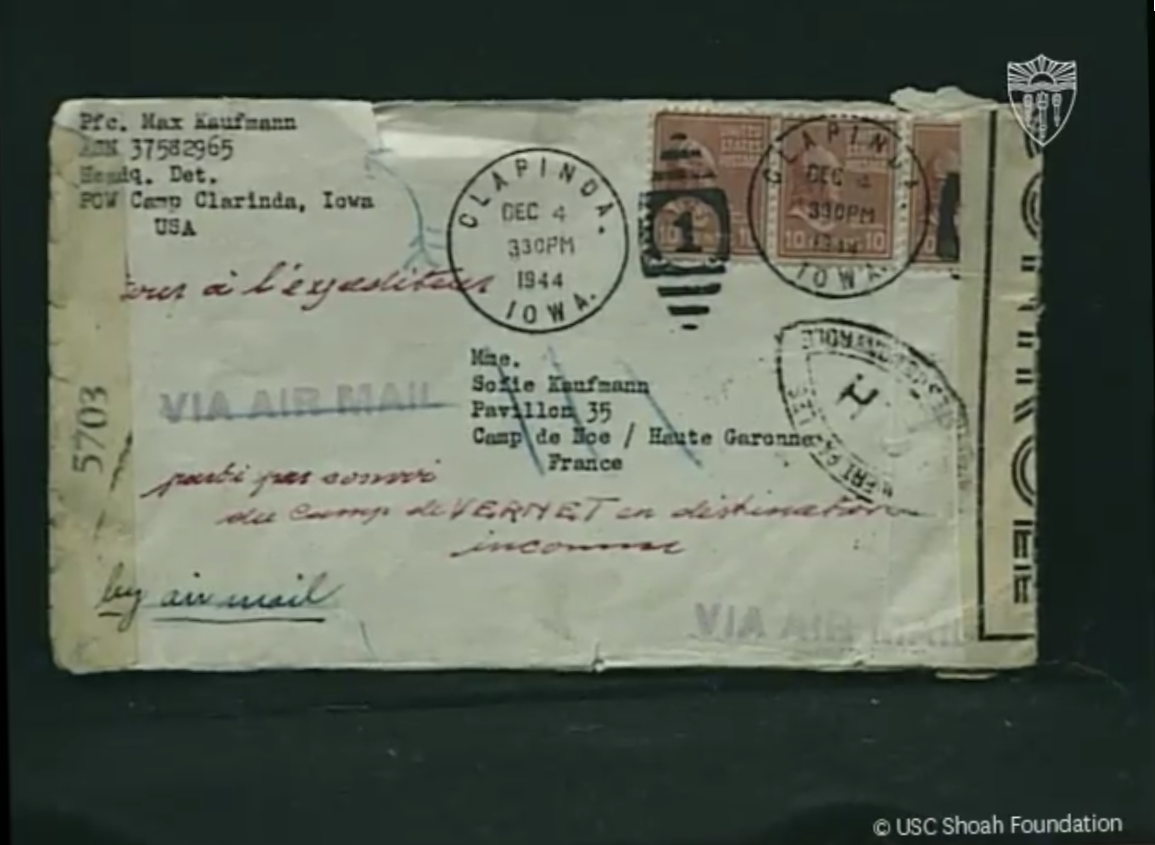
Though Max did not go through the concentration camps, he continuously fled from country to country, trying to find a place of comfort, somewhere to call home. The world was an unkind place for the Jews, but Max always seemed to find someone who wanted to help him. His feelings about Judaism never changed, and his words ring clear: “I am a Jew and always was a Jew.” Although he did not practice Judaism so much anymore, he believed that the Ten Commandments were the fundamentals of being a person and a citizen. Max also thought the younger generation had a better life than the older ones. While Max is no longer around, his story continues to be shared through the family that he left behind. His desire to find a better life for himself and to get out of the grasp of the Germans led him out and away from the horrors of what happened behind the guarded gates of the concentration camps.

References:
https://sfiaccess.usc.edu/Testimonies/ViewTestimony.aspx?RequestID=cd29e58a-543a-4153-870b-61db7c8f2269
~Blog Written by Avigail Meyers


